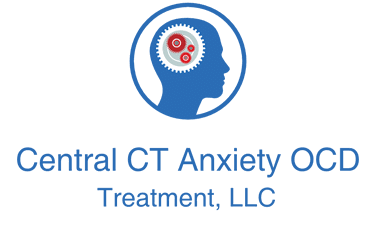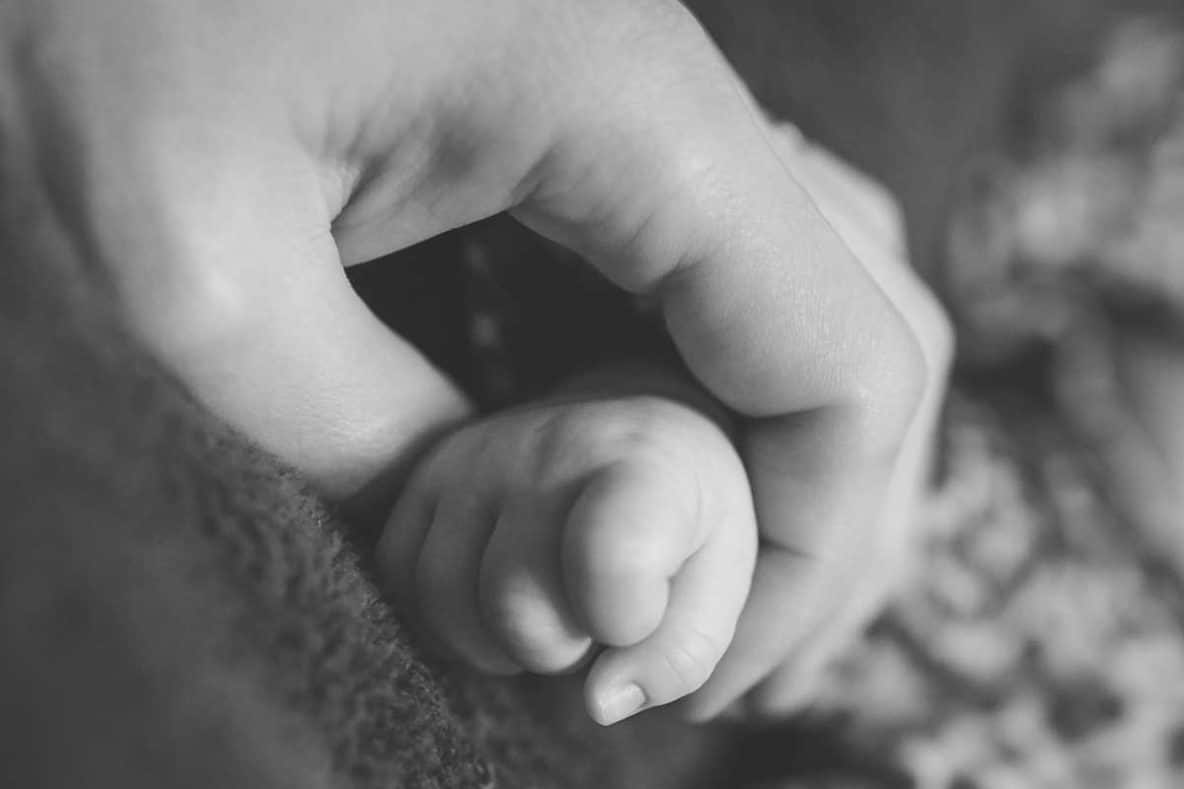When it comes to Obsessive Compulsive Disorder (OCD), there are few mental illnesses which harbor such a bizarre and genuinely disturbing thought process as Perinatal and Postpartum OCD. That is to say; the unwanted and entirely irrational thoughts that arise during this process are often the cause of confusion and panic for expectant or new mothers.
What is Perinatal and Postpartum OCD?
Perinatal and Postpartum are forms of depression which can appear during, and immediately after, pregnancy. When OCD arises during pregnancy, this type of depression is known as prenatal while postpartum refers to the presence of this disorder shortly after birth.
Although emotional and physical issues can influence the extent of Perinatal and Postpartum OCD, there is no precise cause for their presence. Furthermore, postpartum depression is not confined to the birth of a first child and can happen in the aftermath of any birth. As a rule, it is also said that a history of depression, stress, insecurity or other health issues can determine the risk of these obsessive-compulsive disorders.
The Impact of Perinatal and Postpartum
As already mentioned, the process is both confusing and disturbing with a wide range of bizarre thoughts arising during this period. While also extreme, these thoughts are common symptoms and result in an incredibly distressing time for the new or expectant mother.
Crying, sadness, anxiety, mood swings and lack of sleep are common for both perinatal and postpartum depression. Furthermore, this OCD can prompt a wide range of genuinely bizarre perceptions which can include distressing images related to the health of the baby and obsessive thoughts which can feel suicidal.
In many instances, these thoughts are so extreme that they evoke intrusive images of harming, dropping or even sexually abusing a newborn baby. Naturally, these are incredibly distressing thoughts and irrational to the point of a mother being labeled as crazy or psychotic. Furthermore, judgment is so skewed and irrational during this time that the mother can even resolve to believe that harming her baby is possibly a “good idea”.
Misunderstanding Perinatal and Postpartum
As you know, mothers are usually expected to be happy and cheerful following the arrival of their beloved newborn but few people recognize the extent of confusion and exhaustion this can have on a mother.
In fact, in spite of awareness, many doctors or psychiatrists are unable to recognize or treat this Perinatal and Postpartum OCD, and in such instances, the mother is often prescribed with an unnecessary medication or even admitted to hospital. Unfortunately, this is a common occurrence and usually the result of oversight or inadequate experience.
Contacting an Exposure and Response Prevention Expert
On the contrary, the most effective treatment for Perinatal and Postpartum OCD is a type of Cognitive Behavioral Therapy called Exposure and Response Prevention (ERP). In short, this powerful therapy compels the mother to face her fears and then counter their thought process with ritualization.
With this in mind, the best way to approach such a tricky matter is to speak directly with an OCD specialist with sufficient knowledge of Exposure and Response Prevention (ERP). In this sense, the mother can rest assured that the specialist has ample experience when it comes to diagnosing, treating and having a true understanding of Perinatal and Postpartum OCD.
If you would like more information regarding any of the above or advice about the treatment of Perinatal and Postpartum OCD, Tammy Van Linter @ Central CT Anxiety OCD Treatment LLC is a licensed clinical social worker who is an expert in the treatment of OCD. She is trained to treat all types of OCD and has expertise utilizing Exposure Response Prevention.
She has OCD and has struggled with Perinatal and Post Partum OCD in which she has been in remission for the last twenty two years by utilizing ERP in her own life. She received two certifications after successful completion of the Behavioral Therapy Training Institute by the International Obsessive Compulsive Disorder Foundation Training Institute. (IOCDF) She also received certification from Dr. Edna B. Foa by successfully completing the Intensive Exposure Response Prevention Training in Philadelphia by the Center of Treatment and Study of Anxiety in Philadelphia.

